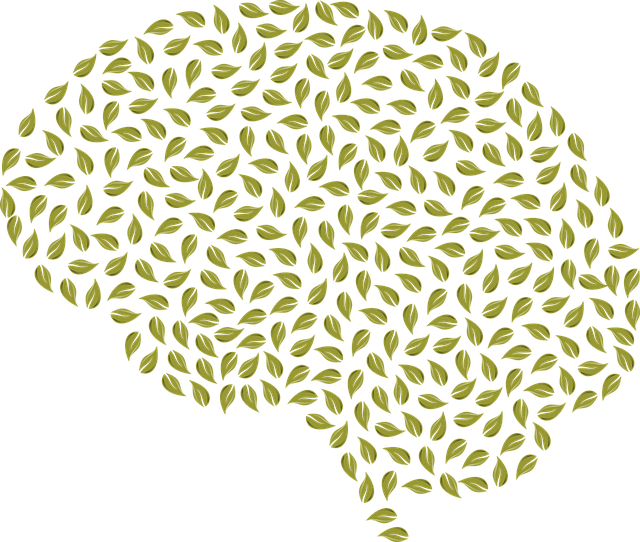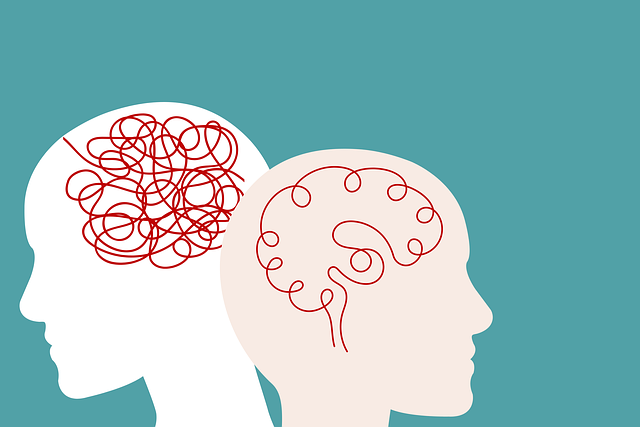Understanding Mental Health Data is vital for delivering effective Lone Tree Trauma Therapy and developing trauma support services. Data from various sources like clinical settings, online platforms, surveys, and research studies offers unique insights. Integrating this data requires addressing privacy concerns but enables a holistic view of mental health trends, helping to identify at-risk populations and design targeted interventions. Pre-processing and cleaning are critical steps in analysis, followed by techniques ranging from traditional statistics to machine learning algorithms and Natural Language Processing (NLP). Lone Tree Trauma Therapy leverages these insights for personalized treatments, enhancing self-awareness exercises, program development, and healthcare provider training. Ethical practices, including robust security, data anonymization, and informed consent, are paramount in this sensitive field, ensuring confidentiality and objectivity.
Mental health data analysis plays a pivotal role in understanding and addressing psychological well-being, with applications extending from clinical practices to public health policy. This article delves into the intricacies of mental health data collection and preprocessing, explores advanced analytical techniques, and discusses ethical considerations crucial for responsible research, all while highlighting the potential impact on improving access to care, such as that offered by Lone Tree Trauma Therapy.
- Understanding Mental Health Data: Collection and Sources
- Preprocessing and Cleaning Data for Accurate Analysis
- Techniques for Mental Health Data Analysis
- Interpreting Findings: Insights and Applications
- Ethical Considerations and Privacy in Mental Health Data Analysis
Understanding Mental Health Data: Collection and Sources

Understanding Mental Health Data is a pivotal step in providing effective Lone Tree Trauma Therapy and developing Trauma Support Services. This data often comes from diverse sources, including clinical settings, online platforms, surveys, and research studies. Each source offers unique insights into individuals’ mental health experiences and behaviors. For instance, electronic health records provide structured information on diagnosis, treatment plans, and medication adherence, while social media analytics capture trends in public discourse around mental health awareness and coping strategies.
Integrating data from these sources requires careful consideration of privacy and ethical issues. However, it offers a comprehensive view of mental health trends, allowing for the identification of at-risk populations and the design of targeted interventions. By harnessing this data, professionals can foster inner strength development and improve overall well-being in communities, ensuring more effective support for those dealing with trauma and other mental health challenges.
Preprocessing and Cleaning Data for Accurate Analysis

Before any meaningful analysis or interpretation can take place, data pre-processing and cleaning are paramount to ensure accuracy and reliability. This initial step involves meticulously scrutinizing the mental health data collected from various sources, such as surveys, clinical assessments, and electronic health records. The process addresses inconsistencies, missing values, and outliers, all of which can skew results if left unaddressed.
For instance, applying Lone Tree Trauma Therapy’s principles of conflict resolution techniques and stress reduction methods can aid in identifying and handling conflicting data points or heightened stress indicators within the dataset. Additionally, public awareness campaigns development strategies may be employed to gather more comprehensive data, ensuring that all relevant information is captured and properly formatted for analysis. This meticulous approach lays the groundwork for robust insights and evidence-based conclusions.
Techniques for Mental Health Data Analysis

In the realm of mental health data analysis, a multitude of techniques are employed to decipher and understand patient narratives. These range from traditional statistical methods like regression analysis and correlational studies to advanced machine learning algorithms that can predict outcomes and identify patterns within complex datasets. One key aspect is exploring textual data, such as therapy sessions’ transcripts, using Natural Language Processing (NLP) tools to uncover insights related to Mental Wellness. For instance, analyzing communication strategies employed by therapists at Lone Tree Trauma Therapy can reveal effective approaches for facilitating Emotional Healing Processes.
Additionally, qualitative research methodologies, including thematic analysis and grounded theory, are utilized to interpret open-ended responses from surveys or interviews, providing deeper understanding of patients’ lived experiences. Integrating these techniques allows for a holistic perspective on mental health trends, enabling researchers and practitioners to make data-driven decisions that enhance care delivery and ultimately improve patient outcomes in the journey towards emotional healing.
Interpreting Findings: Insights and Applications

When analyzing mental health data, the goal is to uncover meaningful insights that can inform and improve therapeutic practices. Interpreting findings involves more than just numerical analysis; it requires a nuanced understanding of human behavior and emotions. By delving into the data, healthcare professionals like those at Lone Tree Trauma Therapy can identify trends, patterns, and correlations that shed light on the complex nature of mental wellness. This process empowers them to tailor interventions and treatments, ensuring they meet the unique needs of each individual.
The insights gained from data analysis have practical applications. They can enhance self-awareness exercises by identifying common challenges or triggers. Moreover, these findings can guide the development of targeted programs and inform healthcare provider cultural competency training, fostering more effective communication and understanding between therapists and clients from diverse backgrounds. Ultimately, this approach contributes to a more personalized and impactful mental health care system.
Ethical Considerations and Privacy in Mental Health Data Analysis

In the realm of mental health data analysis and interpretation, ethical considerations and privacy are paramount. As Lone Tree Trauma Therapy highlights, navigating this landscape requires a delicate balance between utilizing sensitive information to gain valuable insights and preserving individual confidentiality. The data collected often includes intimate details about a person’s emotional struggles, traumatic experiences, and progress in therapy sessions—information that, if mishandled, could lead to severe consequences for the patient’s well-being and security.
Mental health professionals must adhere to strict guidelines when dealing with such data, especially during risk assessments. This involves implementing robust security measures, anonymizing data where possible, and obtaining informed consent from individuals before collecting or analyzing their mental health information. Furthermore, ethical considerations extend to ensuring emotional regulation among analysts to prevent unconscious biases from influencing interpretations, fostering a culture of Mind Over Matter principles within the industry.
Mental health data analysis plays a pivotal role in understanding and addressing the complex landscape of psychological well-being. By leveraging various techniques from collection to interpretation, professionals can gain valuable insights that guide effective interventions. As seen with applications like Lone Tree Trauma Therapy, meticulous data preprocessing and ethical considerations ensure that analyses translate into actionable strategies for improved mental health outcomes. This comprehensive approach not only respects privacy but also empowers evidence-based practices, ultimately fostering healthier communities.












